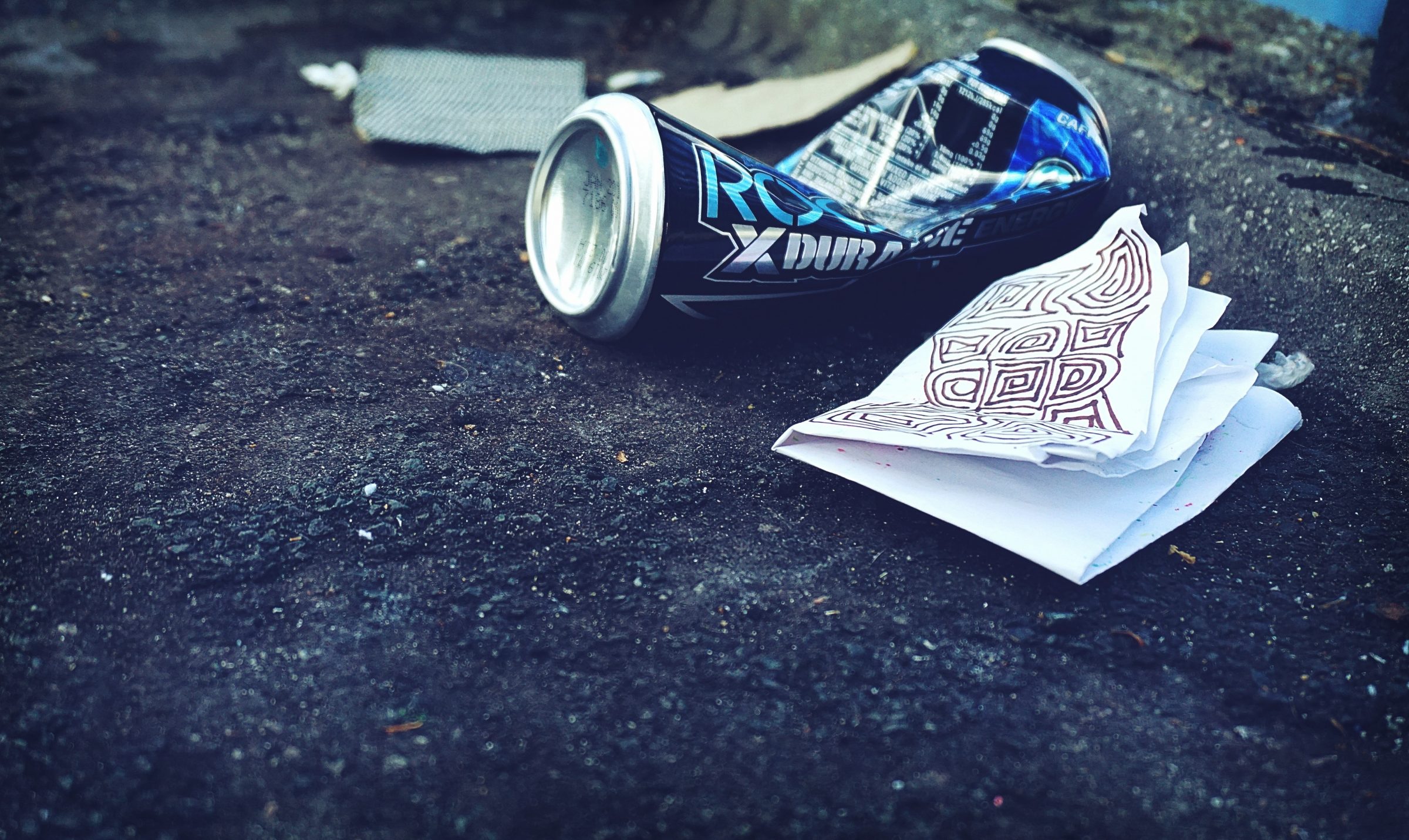
Food waste ‘causes more greenhouse gases than planes’
A new action week to warn people of the environmental consequences of wasting food has been welcomed by a Midlands energy expert.
“Throwing edible stuff away is a huge problem worldwide as it contributes between 8 and 10 per cent to the total of man-made greenhouse gas emissions,” said Ron Fox, of Noreus Ltd on the University of Keele Science and Innovation Park.
Households are the main offenders as they produce around 70% of the UK’s 9.5 million tonnes of binned produce every year, according to the charity WRAP (Waste and Resources Action Programme), which earlier this month launched its Food Waste Action Week campaign to help tackle climate change.
“The trouble,” said Ron, “is that most food thrown away rots in landfill where it becomes methane, which is a potent greenhouse gas, 21 times the global warming potential of carbon dioxide.”
Statistics show that if food waste were a country, it would have the third-biggest carbon footprint after the USA and China. It is responsible for 14 million tonnes of Co2 alone – as much greenhouse gas produced as flying from London to Perth, Australia, more than 4.5 million times.
Also 923 million tonnes of food are wasted worldwide each year, enough to fill 23 million 40-tonne trucks, which if put bumper to bumper, would circle our planet seven times.
The aim of the action week is to raise this problem as an environmental concern. They point to their recent research which showed that while 81 per cent of people in the UK were concerned about climate change, fewer than a third (32 per cent) saw a clear link between that and food waste.
In the same survey more than half those asked made the link with aviation and climate change when ironically global food waste produces more greenhouse gas emissions than all the world’s commercial flights combined.
WRAP, a not-for-profit organisation founded in 2000, has been a driving force in helping reduce the UK’s annual food waste already from 11.2 million tonnes to 9.5 million tonnes.
“However, two unexpected bonuses from lockdown,” said Ron, “are that people are cooking more at home, not preparing too much food and storing it correctly so there is less waste, plus thousands of pounds of unwanted produce have been given to charities such as food banks, instead of being thrown in landfill and adding even more to the problem of greenhouse gases.
“I think the real message,” said Ron, “is that if each made small changes by cutting the amount of food we throw away, we could make a big change to cutting our carbon footprint as well as saving a family on average £700 a year.
“To put the message from this month’s Food Waste Action Week in context if we all stopped wasting food for one day it would have the same effect on greenhouse gas emissions as planting 640,000 trees that day.”
For more details about recycling and green energy call Ron on 01782 756995.
Caption: Going to waste – food thrown away is a serious environmental problem.




